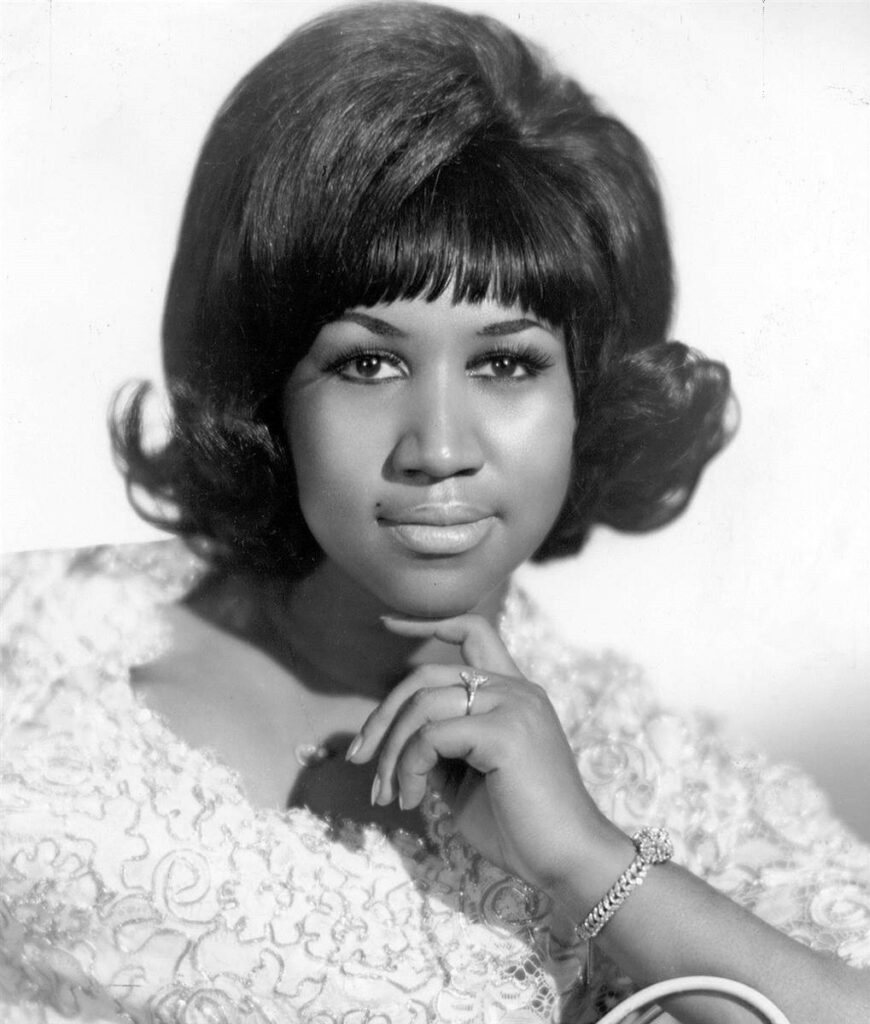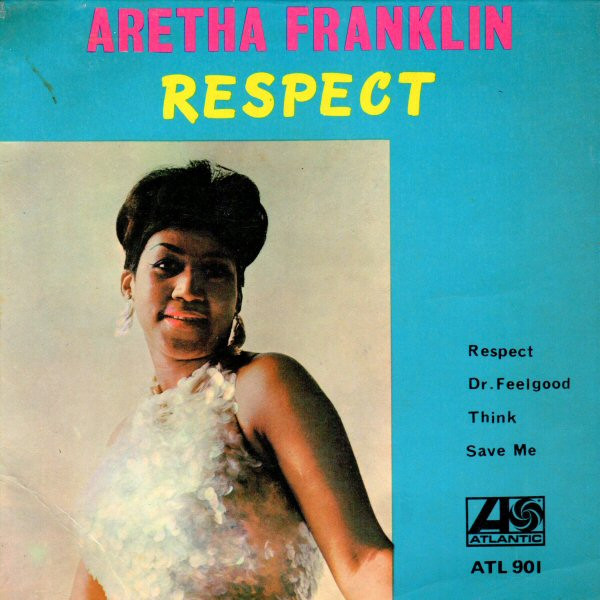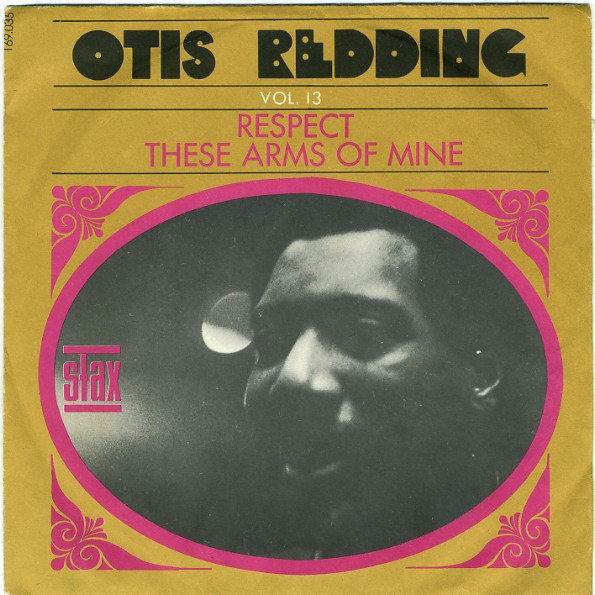
Pour ce second épisode, nous allons à nouveau parler de féminisme.
You can find a summary in English below.


For my Friends who don’t speak French a summary in English. I hope it can help to follow what I say.
For this second episode, we will again talk about feminism.
Sample from the cover Respect
Everyone will have recognized RESPECT by Aretha Franklin. This legendary title is not just a song, it’s an anthem!
For the singer, this tube is a consecration. With « Respect » in 1967 she became the new queen of soul. Thanks to this title, she won her first two grammy awards at the age of 25. With several million copies sold worldwide, Respect is number 1 for eight weeks in the black American hit parade and two weeks in the Billboard top 100, the white hit parade. Two different rankings since at the time in the United States, segregation still prevailed at the level of radios and rankings. In the USA, it was quite rare at the time to appeal to both white and black audiences.
Of course, Respect first symbolizes a feminist claim, but on the other hand, the civil rights movement seized it, surely favoring its presence at the top of the sales charts throughout the summer of 67, nicknamed the ‘Long Hot Summer ‘ because of numerous race riots.
Somewhere « respect me because I’m a woman » is also a « Respect me because I’m black »
Asked about her bold stance within the feminist and civil rights movement, Franklin said (to the Detroit Free Press): « I don’t think it’s bold at all. I think it’s only natural that we want to all the respect and that we should get it. »
Nevertheless, the first feat of the Detroit singer is to have transformed a rather macho title into a feminist anthem:
Sample of the original version Respect Otis Redding
The first version of Respect is that of Otis Reding in 1965. Although it is not known exactly who is the source of the track, it is commonly accepted that the king of soul actively participated in the lyrics.
The version sung by Otis Reding tells the story of a man who on his way home asks his wife for respect basically because he brings the money home.
The text, which is quite short, says:
What you want / Honey you’ve got it
And what you need / Baby you’ve got it
All I’m asking/ It’s for a little respect when I come home
From the start of Franklin’s version, the text is reworked into a statement of a strong, confident woman who has everything her man wants and does him no harm, while demanding his « respect »
What you want / Baby, I got it
What you need / Do you know I got it?
All I’m askin’ is for a little respect when you come home (just a little bit)
But the masterstroke is the addition of the passage:
R. E. S. P. E. C. T.
Find out what it means to me
R. E. S. P. E. C. T.
Take care, TCB Oh (sock it to me, sock it to me…)
Aretha adds the spelling of the syllables of the word respect and the use of the two expressions TCB (take care of business) and « sock it to me ». « Sock it to me » literally means « Give it to me » usually with a sexual undertone but Aretha always said that here you should only hear « give me your best ». In my opinion, it also supports the TCB in which she makes her man understand that he must pay attention to her, because she is his treasure.
Before slipping Aretha in your ears, see you soon for a new episode of ILs Ont Repris Ma Chanson.